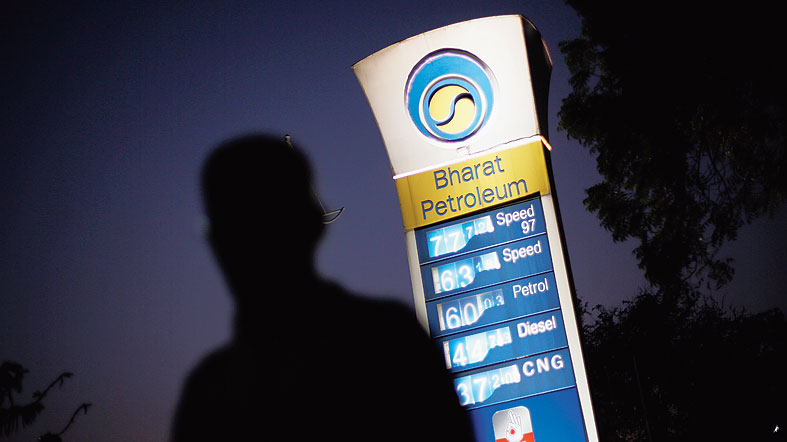Privatisation bound BPCL has collaborated with Bhabha Atomic Research Centre (BARC) to scale up alkaline electrolyser technology for green hydrogen production as part of the country’s effort to reduce greenhouse gas emissions.
At present, electrolyser plants are imported.
India, the world’s third biggest greenhouse gas emitter, is aiming to reach net zero emissions by 2070 and wants to raise the share of renewables in its energy mix to 50 per cent by 2030 from 38 per cent at present.
Refineries use large quantities of hydrogen for de-sulfurisation to make petrol, diesel and other chemicals. At present, this hydrogen is made using steam reforming of natural gas, but results in high CO2 emission.
Therefore, refiners are setting up large-scale electrolysers to produce green hydrogen from water and thereby decarbonise hydrogen production.
“Through collaboration with BARC, we intend to scale up indigenous alkaline electrolyser technology and look forward to commercialising it for large use, especially in Refineries,” BPCL’s chairman and managing director Arun Kumar Singh said.
Bharat Petroleum has plans to expand its portfolio of renewable energy with solar, wind and biofuels.
The company plans to achieve net zero emissions in another 20 years.
Further, the company intends to meet power requirements for new projects in its refineries, primarily from renewable sources.










